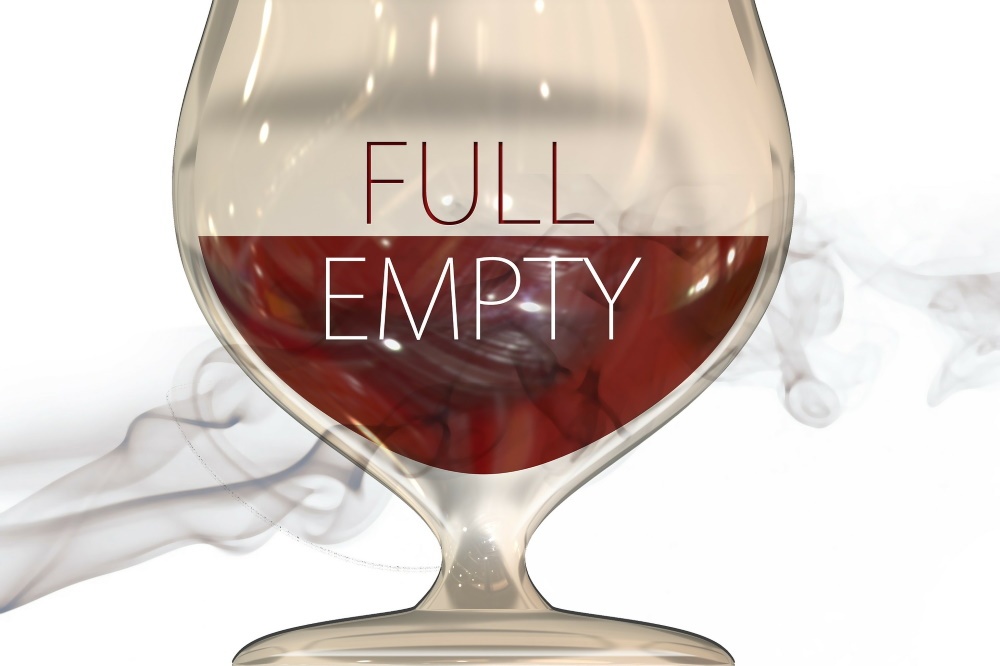The Negative Impact of Positive Thinking
We look at the negative implications of positive thinking and the impact on the outcomes that people achieve.

Image by Gerd Altmann from Pixabay
We look at the negative implications of positive thinking and the impact on the outcomes that people achieve.

Image by Gerd Altmann from Pixabay